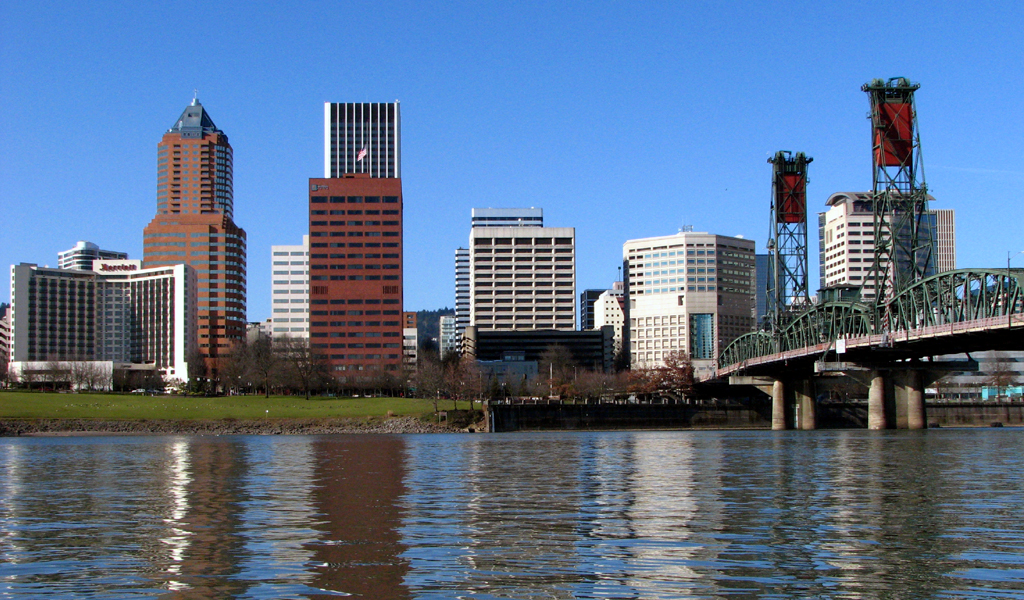For all the hand-wringing about America’s waning influence around the world, it still wields a lot of influence around the world (profound, huh?). The forms of 21st-century living pioneered here aren’t just about fixing the U.S., they’re about providing models that other countries can emulate.
That’s why the Seattle Project aims to make the city of 600,000 the world’s first carbon-neutral city by 2030; it’s why Vancouver mayor Gregor Robertson wants to make his city the world’s greenest (Canada is influential too); it’s why it’s so important that California’s clean-energy leadership role survives Tuesday’s election.
Much of this global influence happens organically, but sometimes it’s deliberate, as with a new plan for Oregon State University to share green engineering expertise with Iraqi universities. Iraqi professors will study at OSU’s sustainable engineering program in Corvallis, and Oregon professors and students will teach engineering, forestry, and agricultural science at several Iraqi universities, The Oregonian reports:
“The nation of Iraq can begin to train their own engineers in sustainable growth and development,” [Gov. Ted] Kulongoski said in a prepared statement. “And Oregon students and faculty get on-the-ground training, strengthening their base of knowledge, planning and implementation.”
Things were set in motion when U.S. Army’s Special Forces Captain Joshua Mater learned from a young Iraqi professor that Thi Qar University south of Baghdad had lost all of its engineering textbooks in a bombing. Mater contacted his mother, the director of sustainability for the College of Engineering, who helped get $30,000 worth of textbooks for Thi Qar.
“After that first exchange, we realized there may be an opportunity to expand this level of partnership between OSU and the university system in Iraq,” Catherine Mater told The Oregonian.
Iraq universities will establish engineering programs for solar energy, green design and construction, and water and energy conservation, she said.
More:
The partnership puts an international stamp on Oregon’s brand as a center of alternative energy and environmental innovation. It also helps OSU carry out its land-grant mission, said President Ed Ray.
“We are supposed to help people get stuff done,” he said. “We have not planned deeper than that in terms of what is in it for us. … To do it in that part of the world where the suffering has been so incredible is something we feel good about.”


